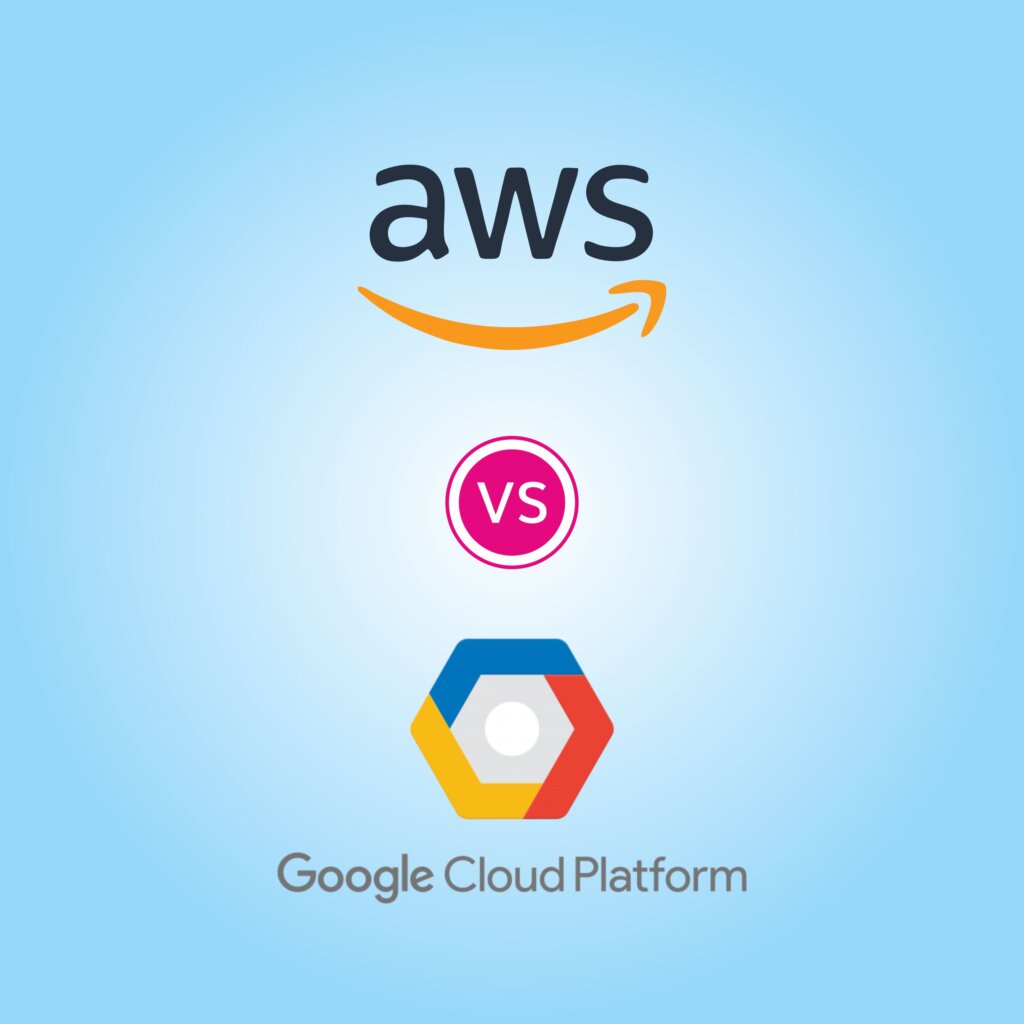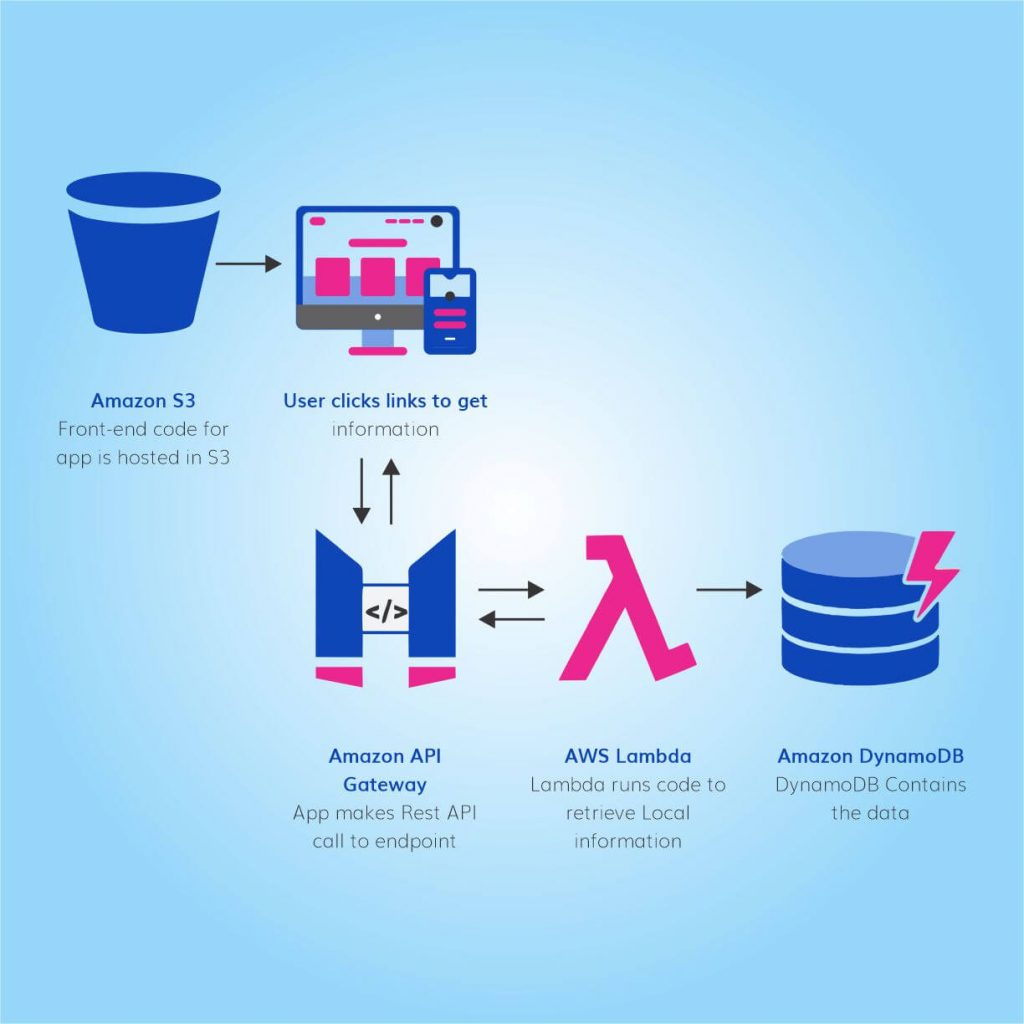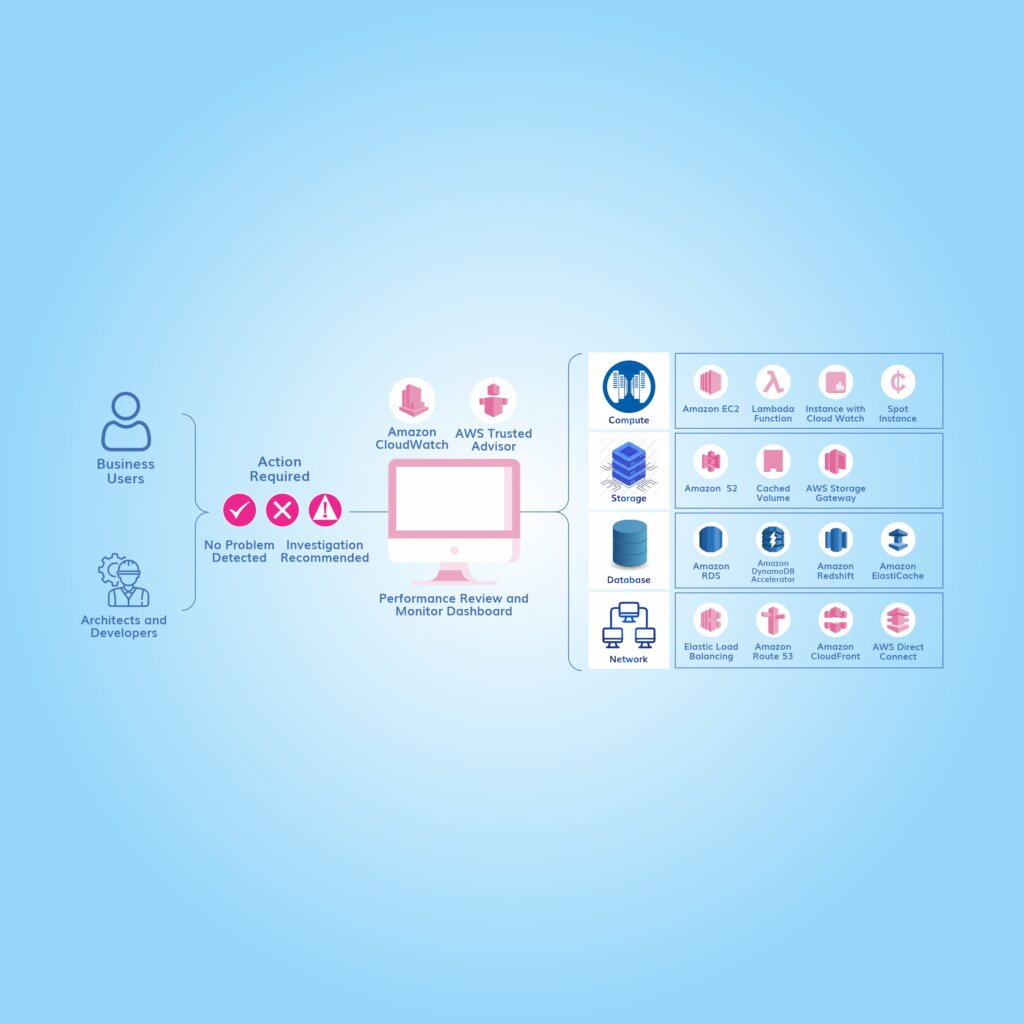Ultimate Guide to Successful NetSuite Integration
Thousands of users across all industries, verticals, and sizes rely on NetSuite’s highly customizable functionalities to execute their critical processes. NetSuite was built for the cloud, which means it’s adaptable, agile, and allows you to customize the solution to match your specific company needs with NetSuite Integration.
The ability to make NetSuite your own in terms of your business needs, operations, and objectives is probably the most exciting feature of being a NetSuite customer. Let’s explore the NetSuite ERP integration guide with your existing system/apps.
What is NetSuite ERP, and What is NetSuite Used For?
NetSuite ERP is a fully customizable cloud ERP solution that aids organizations looking to grow into large corporations. Both front and back office procedures can be automated using this solution. These include monetary, revenue, fixed resource management, order management, charging, and inventory management. NetSuite ERP provides a view of key performance metrics and reports for the entire organization, from top management to administrative personnel.
NetSuite ERP considers five prominent capabilities while working on performance and business operations, including:
- Accounting and operations
- CRMA
- A web-based company
- Insight into the business world
- Management of business processes
These NetSuite ERP capabilities are focused on processes, encompassing all enterprise capabilities in a single application, code rendition, and database.
Making spreadsheet workarounds or figuring out ways to incorporate all of your frameworks might be a problem in your IT organization. Furthermore, establishing and maintaining adjacent IT infrastructure is both costly and time-consuming. When you choose cloud ERP software, your IT department and budget can be freed up to make investments that will help your company innovate and grow.
NetSuite ERP Benefits
Following are the key benefits of NetSuite ERP Integration:
#1 Adaptability
Remote work has more flexibility and freedom to get the job done than ever before. Your teams can access the frameworks and data they need from anywhere in the world with cloud ERP programming, and encryption helps them do it safely.
#2 Multiple Services on a Single Platform
NetSuite provides a single cloud-based platform for running and managing numerous business applications, such as accounting and ERP, CRM, HRMS, eCommerce, and more, eliminating the overhead of having separate programs for each business unit. NetSuite ERP improves the productivity and speed of your business management procedures while reducing errors with automated operations.
#3 Customizable and Easy to Integrate
NetSuite’s fundamental technology enables it to handle several apps on a single platform, lowering costs and increasing productivity without needing the expertise to make each framework run as a single application. NetSuite also provides this information on simple, easily customizable dashboards.
#4 Scalability
NetSuite can effectively scale to that level due to multiple monetary forms, multiple dialects, multiple auxiliaries, and related capabilities. Quickly growing organizations may eventually go global, and NetSuite can effectively scale to that level due to multiple monetary forms, dialects, auxiliaries, and related capacities. Assuming that an organization grows horizontally, it can expand its membership without having to change its infrastructure. Additional modules can be added to the NetSuite ERP development if it expands upward into new activities. The firm can rest assured that the framework will not impede their progress in most cases.
#5 Perceivability Has Improved
Continuous permeability is critical for making well-informed decisions. Data may be accessed instantly, and users don’t have to waste time removing and tying together data from many sources. This considers more precise and rapid reports, which result in quicker judgments. Furthermore, as opposed to silos of data, NetSuite pools data across the entire enterprise, resulting in more exceptional experiences.
#6 Automate Manual Processes
From orders to marketing to purchasing to support, a wealth of data is available across frameworks. The problem is that this data is spread across many segregated frameworks. Data is frequently manually extracted from one framework and transferred to another. Processes like quote-to-cash, order satisfaction, and inventory network management are made easier by automatically syncing data across these disparate frameworks. As a result, you’ll have more productivity and a single source of truth for your data.
All of your organization’s other functions will be supported.
NetSuite encompasses a full variety of solutions, all of which are specifically adapted for unique businesses thanks to an integrated methodology. NetSuite has everything you need in one integrated package, from CRM and eCommerce to Inventory and Advanced Warehouse Management, resource planning, Human Resources, and Professional Services Automation.
NetSuite ERP enables businesses to manage expenses better, improve accounting efficiency, streamline order management and procurement procedures, eliminate manual reporting, and increase overall business productivity. The use of a single framework across an organization improves financial reporting and closure times, worker productivity, and integrated complexity, increasing proactive decision-making across the firm.
#7 Reduce Data Mistakes
Customer data is stored in various apps, yet the data is typically the same, such as a street number. Manually entering and submitting data to various frameworks can result in mistakes. Assume that this data isn’t being robotized and synchronized in the background. Given the circumstances, it’s possible that a customer will often be asked for such information, or worse, that the data could contain inaccuracies. Integration ensures that programmed data consistency is maintained across your various applications.
How Does NetSuite ERP Integration Work?
It’s a multi-occupant cloud solution, which means that all clients use the same version of the product and back-end infrastructure and receive updated versions regularly. Each client’s information is saved and retrieved independently. Because everything operates on the same code, this creates economies of scale.
Users can securely access the platform via a program from any device, including laptops, smartphones, or tablets. This versatility allows CEOs to keep track of their company’s performance and be alerted to any difficulties regardless of where they are, as long as they have access to the internet. Job-based access provides authorized employees with the knowledge they need to succeed in their jobs without evaluating material that isn’t relevant to their employment.
NetSuite users have a single sign-on portal to access all ERP modules and their functionality. This means that all of the critical information and tools needed to run your business are in one place. Clients can design their home dashboards with measurements, diagrams, charts, updates, and shortcuts that are common in their jobs using simple, intuitive tools.
Common NetSuite Integration Challenges
Here are a few obstacles to overcome for companies looking to incorporate NetSuite ERP for seamless operations:
The price could be a deciding factor. Large companies can afford to pay for their own ERP system. NetSuite is obviously used by small and medium-sized companies and their entities that may not be able to bear the cost of integrating NetSuite with their existing frameworks.
Some specialized challenges add to the complexity of the NetSuite integration process. This increase in complexity necessitates an increase in prices and infrastructure, which may be a problem for some firms.
Even though NetSuite API integrations are available, integration may not work to an organization’s advantage due to ability concerns. This could also result in the loss of a client or important information, both of which could be costly.
Netsuite Integrations with SaaS (Software as a Service) platforms are still in the early stages of development. NetSuite APIs may also change over time, which may have an impact on a company’s NetSuite process.
Before embarking on a NetSuite ERP integration path, you should be able to answer the following questions:
- What are the business requirements? What will integration enable you to accomplish? And do you have the expertise in-house to execute?
- Which programs do you think you’re currently using, and which ones do you want to get on the web as soon as possible?
- Are there any supported APIs for the app you’d like to integrate?
- Will a one-time integration be enough, or will you need an integration platform to accommodate multiple endpoints?
- Is your NetSuite example being rewritten in a way that may impair your ability to have a successful integration?
Best Netsuite Integration For Your Business
Netsuite ERP integration platforms usually feature a native integration with no-code customization possibilities to satisfy your business needs. They’re “bundled solutions” that help speed up integrations and reduce the need for specialized resources. With transformation and deduplication, they are extremely configurable, putting the power of integration in the hands of the business user.
They also offer common connections to reduce the need for additional modification, pre-built workflows to automate data synchronization between objects, and integrated procedures to eliminate manual data entry, data exports, and expensive deferrals.
Epilogue
Manually entering and submitting data to various frameworks can result in mistakes. Assume that this data isn’t being robotized and synchronized in the background. Integrations ensure that programmed data consistency is maintained across your various applications. Job-based access provides authorized employees with the knowledge they need to succeed in their jobs. NetSuite users have a single sign-on portal that allows them to access all ERP modules and their functionality.
NetSuite ERP encompasses a full variety of solutions, all of which are specifically adapted for unique businesses thanks to an integrated methodology. Suppose you are looking for a helping hand. In that case, Technosip can be your one-stop solution if you are looking for a NetSuite integration service provider to integrate other CRM, accounting, and financial management. At Technosip, we have years of experience with NetSuite integration tools, databases, systems, custom solutions, and on-premise apps.
Some FAQs on Netsuite Integration
#1 How Do I Connect NetSuite to Other Third-Party Applications?
NetSuite cloud ERP is extremely versatile and allows for seamless interaction with any third-party platform. Integration is accomplished in four distinct methods. Suitetalk, Restlets, Suitelets, and native third-party applications are in question.
#2 How can you help us as a NetSuite integration partner?
We are an experienced NetSuite integration services provider. We have a team of experts with rich years of experience in integration and other solutions. No matter how complex your requirements will be, we will help you with the best solutions.
#3 What programming language does NetSuite use?
NetSuite has been designed using the J2EE framework. It uses Java as a core programming language.
#4 Does NetSuite require core technical expertise?
NetSuite doesn’t require any advanced technical expertise. It comes with user-friendly tools which you can easily understand and use. To know more about it, feel free to get in touch with our experts.
Contact Us
We’d Love to Help You
Get in Touch
- Fill out a request form. Please brief your requirements in-detail. The more we know about your amazing idea, the better we will guide and assist you with project time and resources
- We’ll reach out to you on priority to discuss next steps in the meantime please check out our case studies and insights.
- We look forward to collaborating with you to bring your idea to the market sooner than the traditional route.
Related




